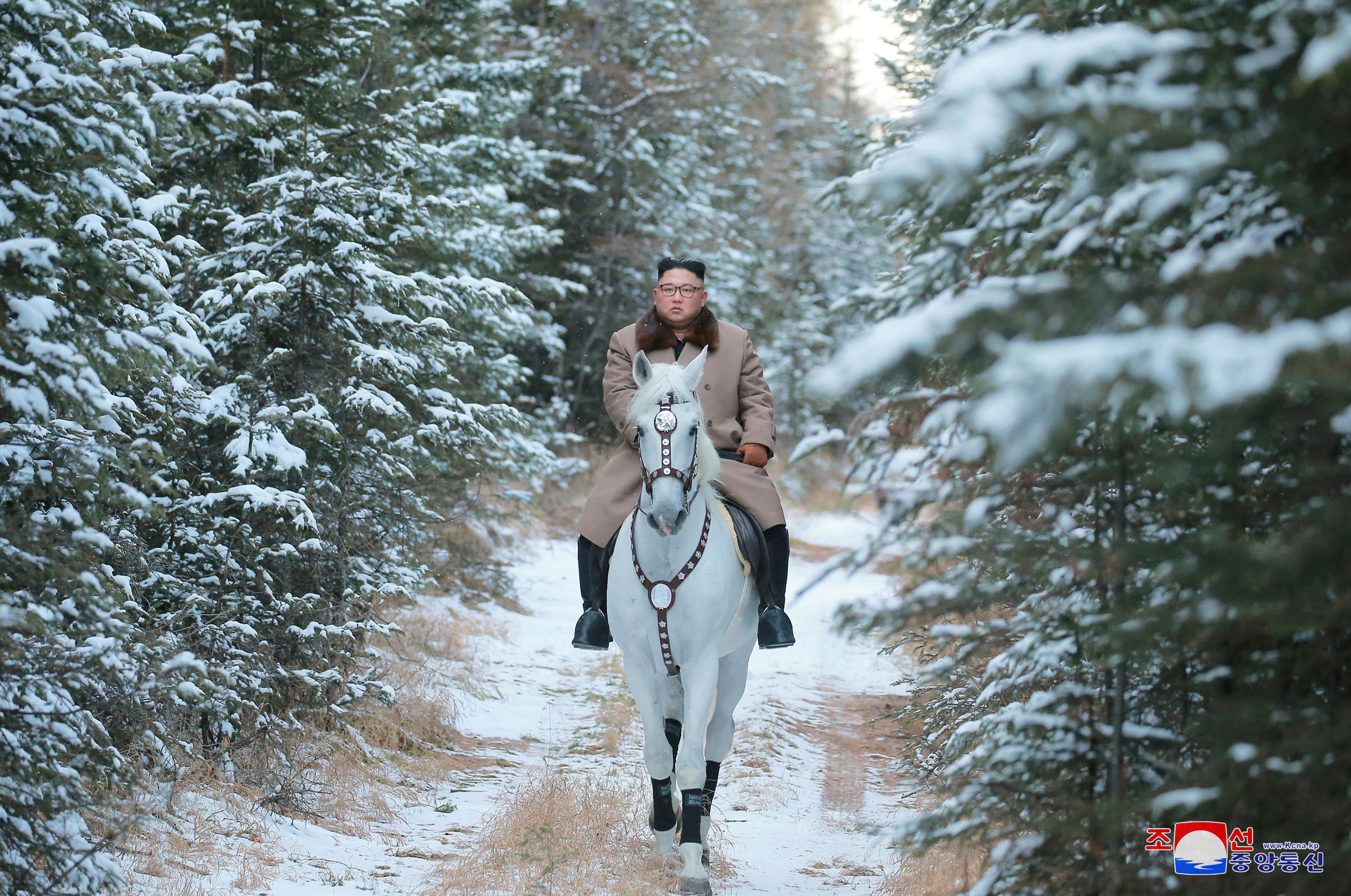30: Russia and North Korea have resumed rail travel for the first time since the pandemic began. Guess what the first cargo was? Food? Fuel? Medicines? Nope — 30 thoroughbred Russian horses, which Kim Jong Un famously loves to ride to look uber-cool in the snow.
500: Thanks to nearby farmers burning crop stubble, air pollution in Delhi has now gotten so bad that the concentration of dangerous inhalable tiny pollutants known as PM2.5 is above "severe" levels of 500 in parts of the city. Of course, it's gotten political, with the AAP party — which runs India's capital — and PM Narendra Modi's ruling BJP party blaming each other for the toxic air.
3: After checking out three nuclear sites in Ukraine, the UN nuclear watchdog found no signs of the "dirty bomb" that Moscow claims Kyiv wants to detonate. Russians and Ukrainians are waging an information war to persuade the world that the other side is planning to commit the atrocity.
5: A BBC reporter came up with five archetypes of Americans and gave them each their own social media account in order to better understand US politics — and Big Tech's influence on voters — ahead of the Nov. 8 midterm elections. The experiment has sparked a fierce debate among those who think it's unethical journalism and those who value learning how social media companies target voters. What do you think? Tell us here.More For You
At the 62nd Munich Security Conference in Munich, GZERO’s Tony Maciulis spoke with Benedikt Franke, Vice Chairman and CEO of the Munich Security Conference, to discuss whether the post-1945 global order is under strain or already unraveling.
Most Popular
Zelensky agrees: elections matter #PUPPETREGIME
As more small businesses move sales, payments, and customer relationships online, they unlock new opportunities, but they also become easier targets for cyber-criminals and other threat actors.
When Japanese Prime Minister Sanae Takaichi called snap elections last month, it was a big gamble. Holding a winter election just four months into her tenure with no real policy record to run on?
